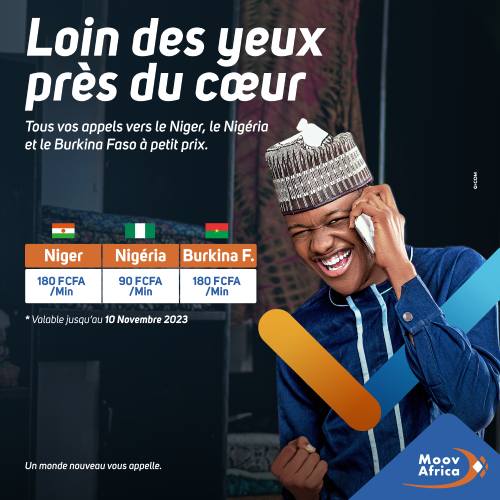After the voting day in Gabon during the presidential and legislative elections on Saturday, August 26, the Gabonese authorities have decided to suspend the broadcasting of RFI and France 24, media outlets of the France Médias Monde group, as announced by RFI.
The duration of the suspension has not been specified. In a statement, the France Médias Monde group “regrets and is surprised by this temporary suspension, without foundation, which deprives Gabonese people of two of their main sources of reliable and independent information.”
The Gabonese government imposed a curfew and blocked the internet on August 26 after the polling stations closed. “The nation cannot be weakened or endangered, whatever the reason may be. We warn that no compromise will be found if, by any chance, public order and the safety of the population are put at risk,” declared the Gabonese Minister of the Interior, Lambert Noël Matha.
Fourteen candidates are competing in this presidential election, including Ali Bongo Ondimba, who has been president for 14 years and is seeking a third term. His main opponent is a 69-year-old economics professor, Albert Ondo Ossa, supported by the six main opposition parties in the country, which have formed the Alternative 2023 coalition.
The Gabonese constitution does not set a limit on the number of presidential terms, and the election is held in a single round. The winner is the candidate who obtains the majority of the votes cast. Around 847,000 Gabonese citizens are called to vote in these presidential, legislative, and local elections. Last spring, the parliament approved a constitutional amendment that reduces the presidential term from seven to five years. Gabon is a presidential republic, and the head of state is also the head of government.
The legislative elections are combined with the presidential election. The Gabonese Democratic Party (PDG) of President Bongo aims to maintain an absolute majority in the lower house of parliament, the National Assembly.



